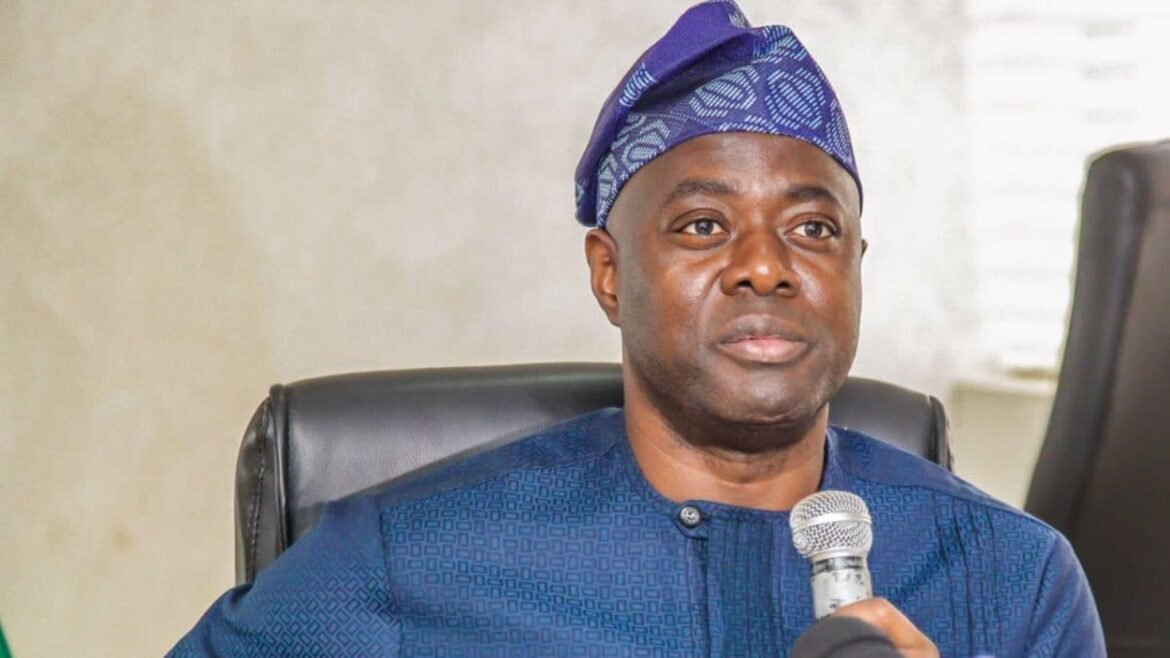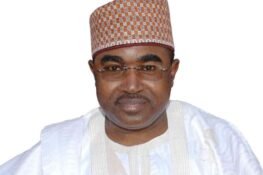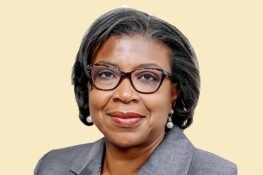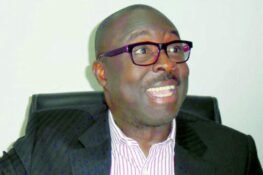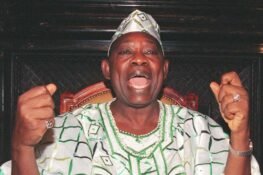Governor Seyi Makinde of Oyo State has approved 35 per cent salary increase for all legislative staff in the state government’s workforce.
The Assembly Speaker, Mr. Debo Ogundoyin, made this known on Tuesday during the 2024 inter-faith service for civil servants in the state.
Ogundoyin said the approvals include 35 per cent basic salary, legislative duty allowance and 30 per cent of other allowances under the Negotiated Consolidated Legislative Salary Structure.
He added that 10 per cent of annual basic salary would be reinstated as leave bonus.
The speaker while commending the governor for the gesture, implored him to encourage other governors to give priority to the legislative arm of government in their respective states.
He said prioritising the welfare of legislative workers would enhance a stronger, more effective and sustainable state legislative institution across the country.
Ogundoyin also requested for “a future increase in the 30 per cent negotiated CONLESS. “Our aspiration for Oyo State is to lead in the full implementation of CONLESS in Nigeria.
“We also request for the digitisation of assembly chamber and offices to enhance live plenaries,” he said.
The speaker reassured the people of Oyo State that the 10th State House of Assembly was committed to protecting the cordial relationship that exists between the Legislature and the Executive as well as the Judiciary.
He noted that such cordial relationship would make Oyo State the pace setter state in its real and true sense.
